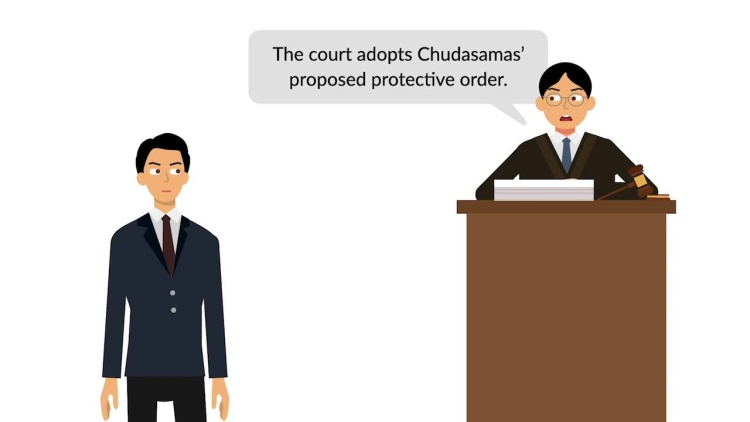Chudasama v. Mazda Motor Corp.
United States Court of Appeals for the Eleventh Circuit
123 F.3d 1353 (1997)
- Written by DeAnna Swearingen, LLM
Facts
Chudasama and his wife (plaintiffs) were driving a 1989 Mazda MPV minivan when they had an accident. The Chudasamas sued Mazda Motor Corp. (Mazda) (defendant) for personal injuries under theories of products liability and fraud. During discovery, the Chudasamas sought production of nearly every document Mazda had and information about virtually every Mazda employee, past or present. Many of the requests were impossibly vague. Mazda objected to nearly all requests, even if legitimate. When the court did not rule on its objections, Mazda moved to dismiss the fraud count, because it was not pleaded with the particularity required by Rule 9(b) of the Federal Rules of Civil Procedure. The court did not rule on the motion. Mazda requested a protective order to safeguard its confidential business information from disclosure. The parties could not agree to the terms of the protective order. After a hearing, the judge granted the protective order, adopting the Chudasamas’ proposed order nearly outright. Mazda began concealing discoverable information. The Chudasamas moved to compel Mazda to comply. The court held another hearing, refused to rule on the objections or motions, and indicated that if the parties forced the court to rule, sanctions would be levied “on somebody.” After further dispute, the court granted the Chudasamas’ motion to compel and adopted the Chudasamas’ proposed sanctions order against Mazda. The court ordered that all Mazda’s pleadings be stricken, that a default judgment be entered against it, that Mazda pay the Chudasamas’ costs and attorneys’ fees, and that the protective order be vacated. Mazda appealed to the United States Court of Appeals for the Eleventh Circuit.
Rule of Law
Issue
Holding and Reasoning (Tjoflat, J.)
What to do next…
Here's why 907,000 law students have relied on our case briefs:
- Written by law professors and practitioners, not other law students. 47,100 briefs, keyed to 996 casebooks. Top-notch customer support.
- The right amount of information, includes the facts, issues, rule of law, holding and reasoning, and any concurrences and dissents.
- Access in your classes, works on your mobile and tablet. Massive library of related video lessons and high quality multiple-choice questions.
- Easy to use, uniform format for every case brief. Written in plain English, not in legalese. Our briefs summarize and simplify; they don’t just repeat the court’s language.






